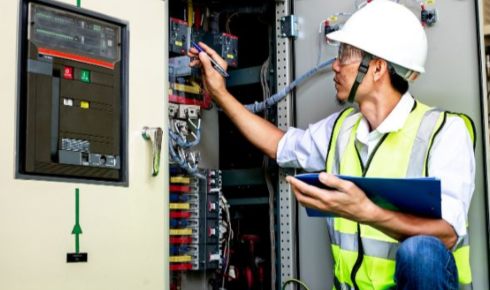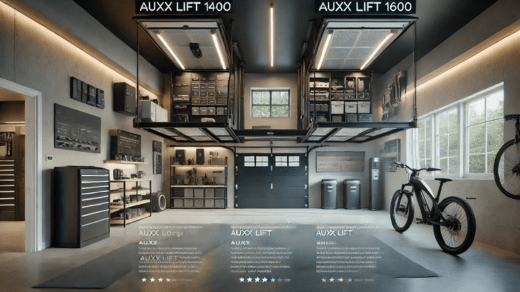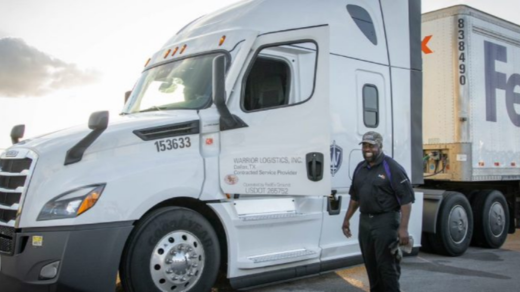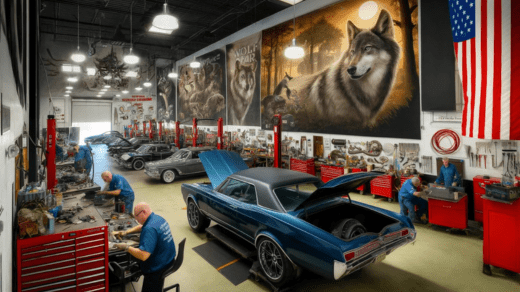In a world driven by digital systems and 24/7 operations, commercial buildings cannot afford power failures. Whether it’s a high-rise office, a medical facility, or a shopping mall, the flow of electricity keeps everything moving. But what happens when that flow is interrupted? Power backup solutions become the unsung heroes of modern infrastructure, quietly standing by, ready to jump into action when the lights go out. Today, these solutions are more than just diesel-powered machines—they’re an integral part of business continuity.
Understanding The Need For Reliable Backup
Commercial buildings rely on continuous electricity to power HVAC systems, elevators, security, data centers, and lighting. A short outage can mean more than inconvenience; it can cause financial losses, data disruption, and security risks. Having a dependable backup power strategy in place is no longer a luxury—it’s essential. The right system can prevent equipment damage, minimize downtime, and maintain customer trust.
Partnering With Electrical Companies For Seamless Planning
Electrical companies are at the heart of designing and implementing backup solutions that fit the unique requirements of each commercial property. These firms bring not just the technical know-how but also the experience to tailor systems based on energy loads, operational needs, and risk assessments. Working with professional electrical companies ensures your backup strategy isn’t just about installing machines—it’s about integrating a system that supports safety, efficiency, and long-term sustainability. From site inspections to maintenance schedules, these experts provide the backbone of a dependable power plan.
Advantages Of Professional Generator System Installation
Generator System Installation is the cornerstone of most commercial power backup solutions. It involves more than placing a generator on the premises. The process requires careful load calculation, ventilation planning, and automatic transfer switch setup, which ensures the generator kicks in without manual intervention. Professional Generator System Installation not only guarantees reliable emergency power but also ensures compliance with local safety codes and environmental regulations. It’s about performance you can trust when it matters most.
Choosing The Right Capacity And Type
Not every building has the same backup requirements. Some may need full-building coverage, while others prioritize critical zones like server rooms or medical labs. Backup systems can range from small standby generators to large-scale uninterruptible power supplies (UPS) paired with diesel or gas-powered units. The choice depends on factors like fuel availability, run time requirements, and load size. Consulting specialists ensures that the system selected won’t underperform or overload during emergencies.
Maintenance And Testing For Long-Term Reliability
Even the most advanced backup system can fail if it’s not regularly maintained. Scheduled inspections, fuel quality checks, battery replacements, and load bank testing are just a few tasks that keep systems ready. Commercial buildings must treat backup systems as active components of their infrastructure, not passive insurance policies. A well-maintained system responds instantly, prevents accidents, and reduces the risk of costly disruptions.
Conclusion
Power backup solutions are no longer optional in commercial settings—they’re essential components of operational resilience. From expert guidance by electrical companies to the precision of Generator System Installation, every step matters in building a robust safety net against outages. In today’s fast-paced world, where power loss can mean missed opportunities and security threats, a well-designed and maintained backup strategy is one investment that pays off every time the lights go out.




